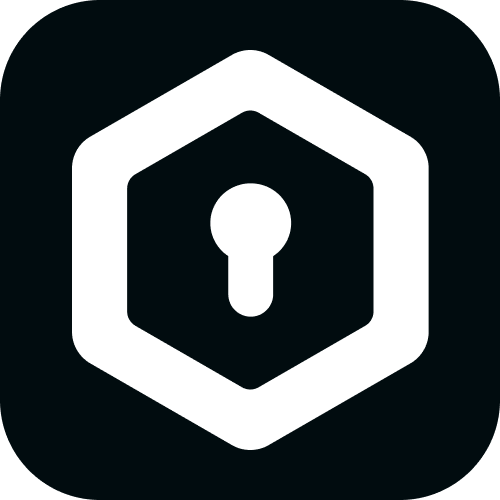Product Introduction
- Tesseral is a full-stack, open-source authentication platform designed specifically for B2B SaaS applications. It provides a comprehensive suite of tools to manage authentication, authorization, and user management, allowing developers to offload security-critical workflows without building custom solutions. The platform operates as a multi-tenant, API-first service deployable in cloud environments or self-hosted infrastructure.
- The core value of Tesseral lies in eliminating the complexity of implementing enterprise-grade authentication while maintaining flexibility for developers. It abstracts security concerns like SAML, SCIM, RBAC, and MFA into prebuilt components, enabling teams to focus on core product features rather than reinventing authentication systems.
Main Features
- B2B Multitenancy with Self-Service Configuration: Tesseral provides dedicated tenant management for SaaS providers, allowing customer admins to control user access, authentication methods (e.g., SAML, social logins), and security policies through prebuilt admin UIs. Tenants can independently configure RBAC rules, directory sync via SCIM, and mandatory MFA requirements without developer intervention.
- Unified Authentication Protocols: The platform supports 12+ authentication methods including magic links, OAuth2 (Google/GitHub/Microsoft), SAML 2.0, WebAuthn/passkeys, and API keys through standardized integrations. Developers implement a single API layer while Tesseral handles protocol-specific complexities like SAML metadata management or WebAuthn challenge generation.
- Real-Time Security Automation: Tesseral includes built-in security workflows such as automatic session invalidation on permission changes, JWT signing key rotation, and webhook-triggered user provisioning/deprovisioning. It enforces security best practices like verified email domains for enterprise tenants and automatic security header injection in hosted login pages.
Problems Solved
- Enterprise Compliance Burden: Tesseral solves the compliance challenges of B2B SaaS by providing pre-configured support for SOC 2-ready authentication flows, audit logs, and enterprise requirements like SAML/SCIM integration. This eliminates months of development time typically required to meet enterprise security demands.
- Developer Resource Drain: The platform directly addresses the resource cost of building and maintaining auth systems for SaaS teams. By providing production-ready UIs, SDKs for major frameworks (React, Express, Flask, Golang), and automatic security updates, it reduces ongoing maintenance overhead.
- Scalability Constraints: Tesseral's architecture solves horizontal scaling challenges in auth systems through built-in connection pooling for databases, Redis-backed session management, and stateless API workers that handle 10,000+ RPM out of the box.
Unique Advantages
- API-First Multi-Tenancy: Unlike auth libraries or single-tenant solutions, Tesseral natively manages multiple customer organizations with isolated configurations, making it uniquely suited for B2B SaaS compared to alternatives like Auth0 or Keycloak. Tenant-specific authentication rules are enforced at the protocol level rather than through post-login application logic.
- Prebuilt Enterprise Components: The platform ships with rarely available enterprise features like a SCIM 2.0-compliant directory sync engine, SAML IdP metadata auto-configuration, and user impersonation tools that require zero custom coding. These are typically only found in premium enterprise SaaS auth solutions.
- Hybrid Deployment Model: Tesseral offers a competitive edge by supporting both cloud-managed and self-hosted deployments with feature parity. The self-hosted version includes Kubernetes manifests and Terraform modules for air-gapped environments, unlike cloud-only competitors.
Frequently Asked Questions (FAQ)
- Can Tesseral be self-hosted without using the managed service? Yes, Tesseral provides Docker Compose and Kubernetes deployment templates for self-hosting, with documentation for configuring PostgreSQL, Redis, and SMTP services. The open-source MIT license allows full customization, though the managed service includes automatic security patches and SLAs.
- What frameworks does Tesseral support for backend integration? Current production-ready SDKs exist for Express (Node.js), Flask (Python), and Golang, with middleware handling JWT validation, CSRF protection, and session management. The API supports any language via standard OAuth2 token introspection endpoints and webhook integrations.
- How does Tesseral handle security vulnerabilities? Critical vulnerabilities can be reported to security@tesseral.com with a 24-hour response SLA. The platform includes automatic CVE scanning for dependencies, and self-hosted users receive security advisories through GitHub's dependency graph feature.
